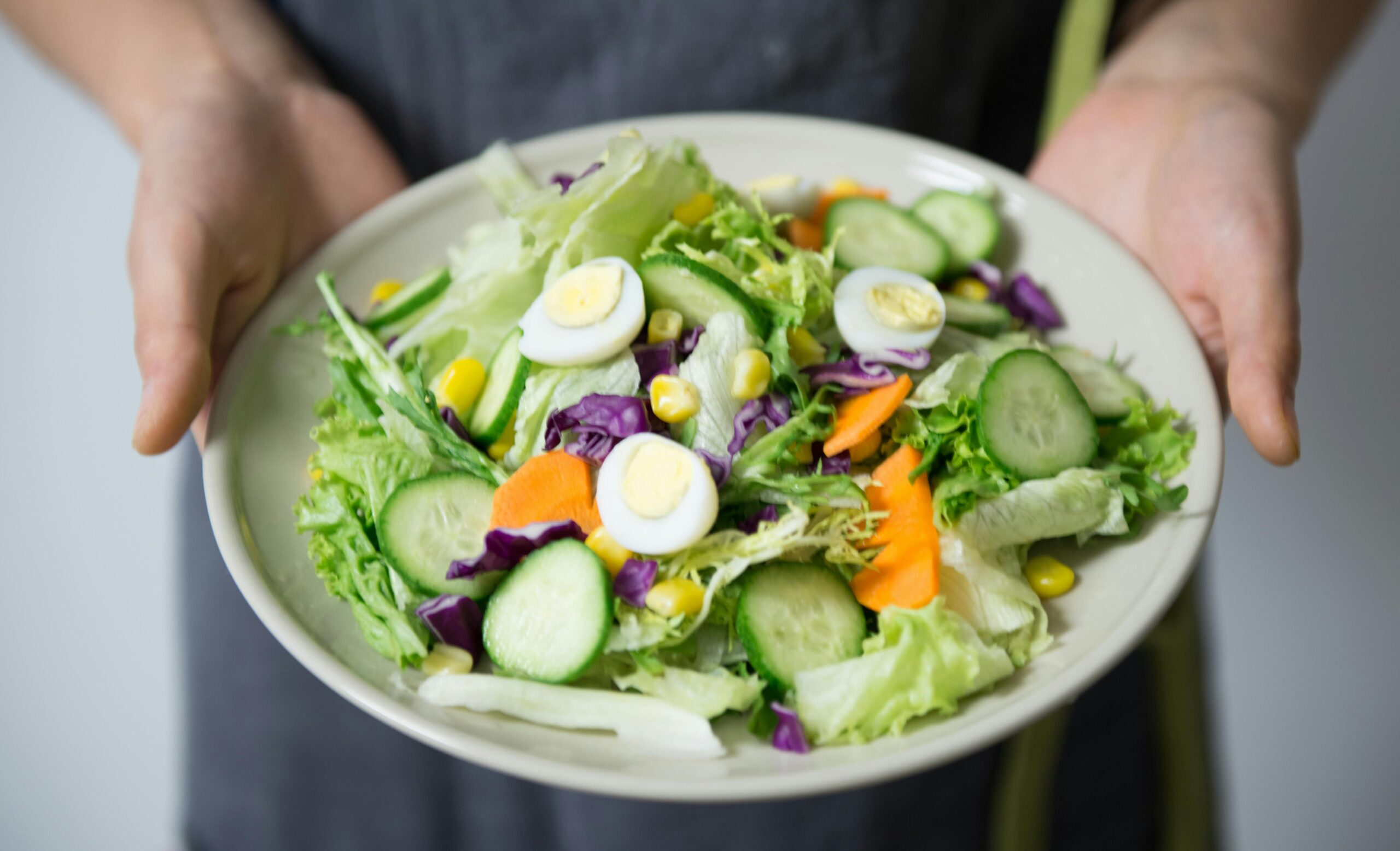Diet plays a significant role in skin health, impacting its appearance, texture, and overall condition. The foods we consume provide the necessary nutrients for our skin to thrive and protect against environmental damage. Understanding this connection can empower us to make better dietary choices that promote a radiant and healthy complexion.
The Skin: Our Body’s Largest Organ
The skin acts as a protective barrier, regulating temperature and preventing moisture loss. It is composed of several layers, each with unique functions. Nutrition impacts every layer, influencing the skin’s ability to repair itself, maintain elasticity, and fight off inflammation.
Essential Nutrients for Healthy Skin
Several nutrients are crucial for maintaining skin health. Here’s a closer look at the most important ones:
1. Antioxidants
Antioxidants help combat free radicals, which can cause oxidative stress and damage skin cells. Foods rich in antioxidants include:
- Fruits and Vegetables: Berries, spinach, and tomatoes are excellent sources.
- Nuts and Seeds: Walnuts and sunflower seeds provide healthy fats and antioxidants.
2. Vitamins
Vitamin C is vital for collagen production, helping maintain skin elasticity. Citrus fruits, strawberries, and bell peppers are rich sources.
Vitamin E protects skin cells from oxidative stress and aids in skin healing. Nuts, seeds, and green leafy vegetables are good sources.
Vitamin A is essential for skin cell production and repair. Foods like carrots, sweet potatoes, and dark leafy greens are rich in beta-carotene, a precursor to vitamin A.
3. Healthy Fats
Omega-3 fatty acids help maintain skin hydration and elasticity. These can be found in:
- Fatty Fish: Salmon and mackerel are excellent sources.
- Nuts and Seeds: Chia seeds and flaxseeds are also high in omega-3s.
4. Zinc
Zinc plays a role in skin healing and may help reduce acne. Foods high in zinc include:
- Meat: Beef and lamb are particularly rich.
- Legumes: Chickpeas and lentils provide a plant-based source of zinc.
5. Hydration
Water is crucial for skin health. Staying hydrated helps maintain skin moisture and elasticity. Drinking plenty of water and consuming hydrating foods like cucumbers and watermelon can enhance skin appearance.
The Impact of Sugar and Processed Foods
High sugar intake and processed foods can negatively affect skin health. Consuming excessive sugar can lead to glycation, a process that damages collagen and elastin, leading to premature aging. Processed foods often contain unhealthy fats and additives that may contribute to inflammation and skin issues like acne and eczema.
The Role of Gut Health
Emerging research highlights the connection between gut health and skin health. A balanced gut microbiome can reduce inflammation and improve skin conditions. Foods that promote gut health include:
- Fermented Foods: Yogurt, kefir, and sauerkraut support healthy gut bacteria.
- Prebiotic Foods: Garlic, onions, and bananas feed beneficial gut bacteria.
Practical Tips for Improving Skin Health Through Diet
1. Incorporate Colorful Fruits and Vegetables
Aim to fill your plate with a variety of colorful fruits and vegetables. Each color represents different nutrients that support skin health.
2. Choose Whole Foods
Focus on whole, minimally processed foods. Whole grains, lean proteins, and healthy fats provide the nutrients necessary for skin repair and regeneration.
3. Stay Hydrated
Make it a habit to drink water throughout the day. Herbal teas and water-rich fruits can also help you stay hydrated.
4. Limit Sugar and Processed Foods
Reduce your intake of sugary snacks and processed foods. Opt for natural sweeteners and whole food snacks instead.
5. Consider Supplements
If you struggle to get enough nutrients from food alone, consider supplements after consulting with a healthcare professional. Vitamin C, omega-3s, and zinc are popular options for skin health.
Conclusion
A balanced diet rich in essential nutrients plays a vital role in maintaining healthy skin. By focusing on whole foods, staying hydrated, and minimizing processed foods, you can improve your skin’s appearance and overall health. Making conscious dietary choices can lead to a more radiant complexion and enhance your confidence.
Frequently Asked Questions (FAQs)
1. What foods are best for healthy skin?
Foods rich in antioxidants, vitamins, healthy fats, and hydration are best for skin health. Incorporate fruits, vegetables, fatty fish, nuts, and seeds into your diet.
2. Can a poor diet cause skin issues?
Yes, a poor diet high in sugar and processed foods can lead to skin issues such as acne, premature aging, and inflammation.
3. How does hydration affect skin health?
Staying hydrated helps maintain skin moisture and elasticity. Proper hydration can improve skin texture and appearance.
4. Are supplements necessary for skin health?
While it’s best to obtain nutrients from food, supplements can be helpful if you struggle to meet your nutritional needs. Consult a healthcare professional before starting any supplements.
5. Can gut health impact skin appearance?
Yes, a balanced gut microbiome can reduce inflammation and improve skin conditions. Using fermented and prebiotic foods can support gut health.
6. How long does it take to see improvements in skin health from dietary changes?
Improvements in skin health from dietary changes can take several weeks to months. Consistency in healthy eating habits is key to seeing long-term results.



